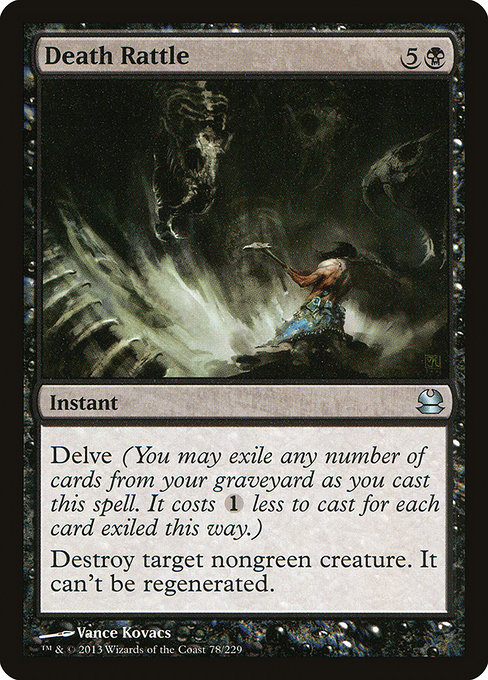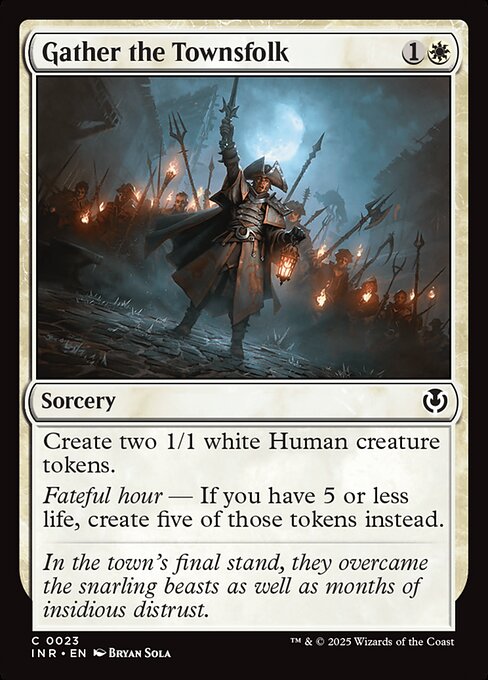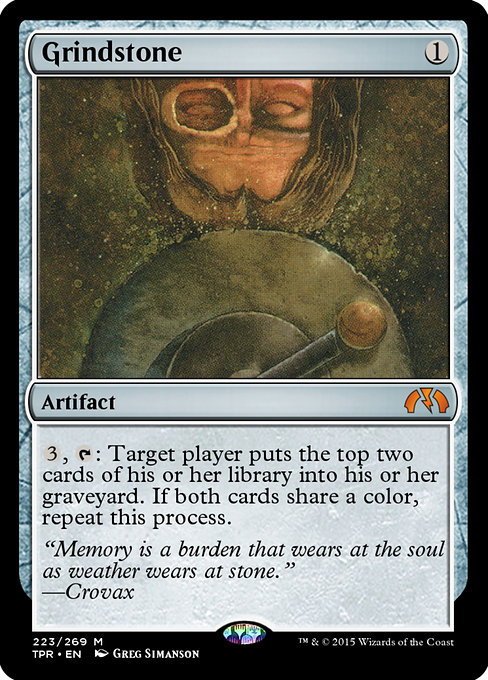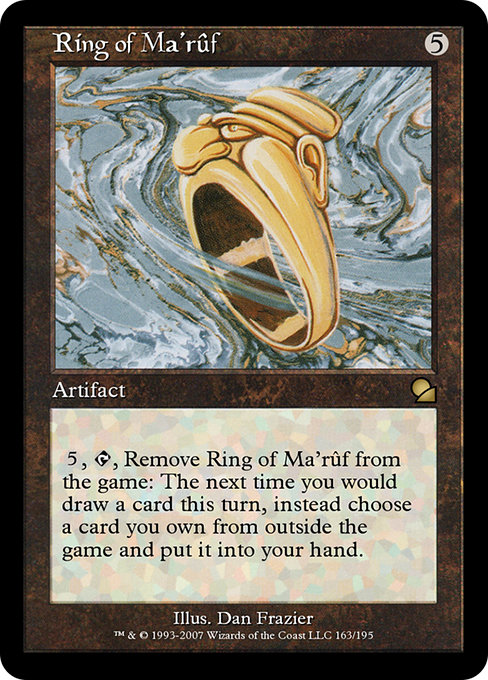It’s spring already down here, and nothing underlines the ephemerality of life quite as much as playing Elden Ring with all the windows open. I spawn into some catacomb and start bouncing off skeletons for hours while, in the aureate sun outside, new life pushes through the soil and hatches in murky puddles in the riot of breedseason. Bugs live entire generations while I try to beat some boss, and the birdsong transitions to bugchoirs during a single extended season across the plains of Limgrave.
The contrast is existentially amusing. Pollen sieves through the screen when the breeze runs north to south; I lost to Godrick at least once because of an ill-timed sneeze. I’ve seen the “YOU DIED” screen a thousand times in the last two weeks and, at times, it feels like a prophecy. I worry that, on my deathbed, as the final rush of oxygen and DMT and existential panic surge through my failing circuits, my brain will cough that up as one final bit.

Regardless, I’m not dead yet, but Lurrus is. Definitively dead, too: they can’t reanimate themselves, after all, and the preemptive ban in Pioneer demonstrates that Wizards has no interest in letting the little Nightmare Cat potentially wreck other formats. As a lapsed Catholic, the first stage in any grieving process is creating rituals, so I took a break from grinding through Caelid to unsleeve my Lurruses and stash them in my “some year, when the metagame shifts” binder along with my Okos and Uros and Splinter Twins.
It’s always a frustrating experience to lose the core of a deck—particularly one that you’re truly invested in. I have friends who dropped Modern after spending $300 on a set of Mox Opals and others who are taking time off from the format until Ragavan is less of a menace.
While I won’t miss Hammertime mirrors, I have to admit this one hurt and sapped a bit of my interest in the format. (Temporarily—any metagame where you can still run Yawgmoth combo is one I could never leave behind for long!) It felt like my hours of practice in Lurrus matches suddenly were invalidated in a way that previous bans didn’t feel; it felt as though I’ve wasted every one of those hours, particularly since many were goldfish or playtest hours, rather than tournament hours. It’s been hard to find time to play in stores, even now that they’re back open.

We just started daylight savings time here in America, and so we’ve lost an hour of sleep. Not, in the grand scheme of things, terribly important, but an hour nonetheless. Hours can be meaningless—hell, we sleep through a half dozen of them every night—or can be crucial in a way that shapes the entire rest of your life around it.
I wonder how many Magic players cling onto their most important hour—was it the match that cut you off from Top 8 at Grand Prix Barcelona? The last hour of dorm-room Commander nights before graduation? The last hour you spent in a shop in March of 2020 before it went out of business during the pandemic? Is the weight of that hour equal to all the hours spent waiting for pairings, for your opponent to come back from a smoke break, for the person to your left to pass over the pack?
cera sophia wrote beautifully about the wage theft inherent in Magic last year, and I’ve thought about it since periodically. In college, I used to drive thirty minutes to Raleigh to draft, wait for the draft to fire, wait for each round to wrap up, wait for my prizes, and then drive back to Chapel Hill. A draft would be a six or seven hour ordeal and would involve maybe three hours of actual drafting and games. At the time, it was a no-brainer: it was the only way for me to play Magic, and I would sooner die than stop playing Magic. Now, almost fifteen years later, I don’t resent those hours, even the downtime hours when I couldn’t find someone who wanted to trade or play casual games with. Keep in mind this was pre-smart phones and even pre-Twitter—I would bring a book or a moleskin notebook to keep myself entertained during the interminable downtimes.

So why did I do that? Why do I still draft and attend prereleases, even when I know it’ll be a grind that leaves me vaguely resentful? Simply, I adore drafting for the same reason I adore Elden Ring. Every draft is a roguelike—you collect your preferred loadout based on what’s in the packs and then play a series of games which culminate, win or lose, in you accumulating more cards than you had when you started. There’s so much joy in that incremental progress that’s worth the sixteen bucks and handful of hours and in the way it breaks the hugeness of Magic into digestible, discreet chunks. More importantly, I recall the productive hours more than the squandered ones—there’s an indiscriminate chunk of “wasted time” and then individual games that I remember with joy. My faith is in the validity of that ratio.
We have a slogan on the left, one that’s been around for a hundred and forty years and that was on the lips of everyone who fought for an eight-hour workday: eight hours work, eight hours sleep, eight hours for what we will. It’s a profoundly simple way to divide our days and underlines why generations of labor activists have fought for our rights as our bosses claw back more of that “sleep” and “what we will” time in modern days with extensive commutes, expectations of off-shift access, and return-to-office advocacy. Splitting the day into even thirds and dedicating one to labor reminds us that labor is important, but only exists to sustain the other two-thirds. A full night’s sleep and a full day’s work still leaves with you with eight hours to create or enjoy art, to spend with your family, or to play Elden Ring or Neon Dynasty Arena drafts.

As I write this, I’m thirty hours and thirty levels into Elden Ring myself. I don’t regret those hours at all. I can see incremental growth that I feel I’ve earned and the loading screens are long enough that I’ve been able to power through an entire short story collection during that day and a quarter. But I do feel the weight of them. My hours are finite, and one day, that last one will pass.
The most optimistic amongst us see each hour as a gift. Every breath, they tell us, is not guaranteed and thus be received as a blessing. Maybe that’s the case—as I get older, I tend to appreciate gifts all the more, even the hyper functional sort.
A lifelong resident of the Carolinas and a graduate of the University of North Carolina, Rob has played Magic since he picked a Darkling Stalker up off the soccer field at summer camp. He works for nonprofits as an educational strategies developer and, in his off-hours, enjoys writing fiction, playing games, and exploring new beers.

